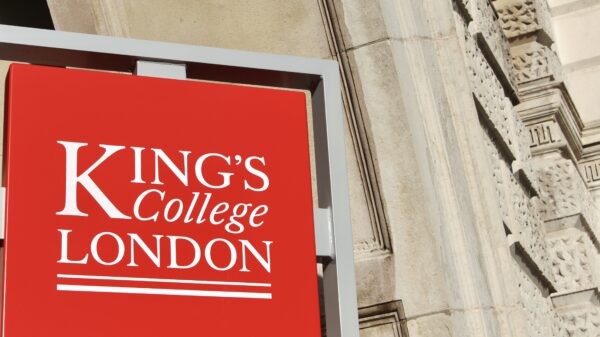Following the Bush House incident and the government’s new proposal to protect free speech at University, the Debate Society held an event last Tuesday, February 23, 2021. The main question was: “Is it ever justified to limit free speech?â€, but the debate also touched upon topics such as social media.
Is it ever justified to limit freedom of speech?
In response to this first question, second year Politics, Philosophy, and Economics student Wajeeh Maaz explained that “freedom of speech is a right we can instrumentalise†and so it comes with a trade-off where transparency is essential. This was followed by Katharina Egle, second year European politics student who argued that it must be “case to caseâ€, as “violence exists as a consequence of satire†and it is “hard to regulate what falls under free speechâ€.
The UK government introduced the Free Speech Champion for universities. Do you think this will help or will it discourage universities from doing anything that might be deemed too controversial?
Angeline Wang, a first year Classical Studies student, doubted the practicality of this measure and said that “on the principal level it applies pressure to universities†and could be introduced just to appease right wing supporters. William Nash, a KCL alumni weighed in, explaining that “at universities you debate pretty freely, so what problem is this trying to solve?†and was concerned that it might be taking away the spotlight from Covid-19. This was backed up by Katharine, who saw the measure as a way to create a new narrative, and therefore detracting from current themes such as the Black Lives Matter movement.
Should universities be allowed to de-platform speakers?
Angeline opened this question by commenting on how it is “hard to draw the line on who should be de-platformed (e.g. Neo-Nazis)â€, and it is a matter that should balance both students wanting them there and the actual problem these people pose. Katharina gave example of Israel and Palestine, as it depends on your own political views and therefore needs a democratic solution so students can choose who comes to speak.
Disagreement came as Wajeeh explained that what matters in this case is transparency instead of democracy, as it is important to “prioritise the extent to which students feel safe to talk in the university environmentâ€. He thought that choosing democracy may come with the tyranny of the majority, and potentially make some students feel unsafe. He argued that the veil of ignorance is an essential tool to use in this case, to help avoid anyone feeling unsafe. Jean-Aymeric Gasc, a 3rd Year European Politics student, felt differently, and said that we are “educated enough to debate with people regardless of how against it we might be†and that “de-platforming people is pragmatic, [and so] resentment will build.†Finally, William said that giving people platforms is similar to passively supporting their ideas.
Should social media profiles be used when looking at hiring people?
Here, Katharina took the floor, explaining that you can always keep your social media private and so avoid this from happening. At the same time, she thought that if you are applying to a job where they may not hire you due to any of your values, you have to consider if you really want to work there. Wajeeh brought a different perspective, such as cases where individuals accused of sexual assault in high school had their university offers taken away after it was brought to light on social media. He also thought that there should be a limit to how social media affects university applications. In response to this, Angeline differentiated private universities from public ones, and argued that while public universities should not be able to discriminate in this sense, private universities are run as a business and should therefore be able to decide who they want in their university.
Katharina, who thought the problem was “higher education run as a businessâ€, disagreed with this, as it is “an issue that universities can be afraid of their branding†since it can bring discrimination. An example of this is how long it took for universities to accept African American students in countries such as the United States. This question was rounded out by William, who viewed social media as a choice, and so by posting, you give people the freedom to interpret it however they may want.
Overall, the participants agreed with Angeline’s point that “there is no clear answer, all we can do is try different ways to facilitate debate and prevent harassment, and it starts here with this conversationâ€. This debate also brought to light KCL community building workshops such as one to “re-write policy that is inclusive of everyone†which will take place soon and can be accessed here.

















